ABM AID - Emergency Response Program
ABM AID - Emergency Response Program prepares and resources our partners to respond quickly and effectively to emergencies affecting their local communities. Sadly, this Program is activated more frequently as both natural and conflict-driven humanitarian emergencies increase. Our Emergency Response Program is complemented by longer-term support of partners’ disaster preparedness among churches and communities.
To ensure ABM AID can financially support partners to respond quickly to emergencies, we are seeking contributions to a Rapid Response Fund. Depending on the size of the partner’s response, ABM AID may also raise a special appeal for further funds.
You can read more about the specific examples of ABM AID - partners engaged in the Emergency Response Program by clicking on the link below.
Your gift enables us to immediately send funds when a partner seeks our support for their emergency response, facilitating their quick and effective action when emergencies occur, bringing relief and hope to more people.
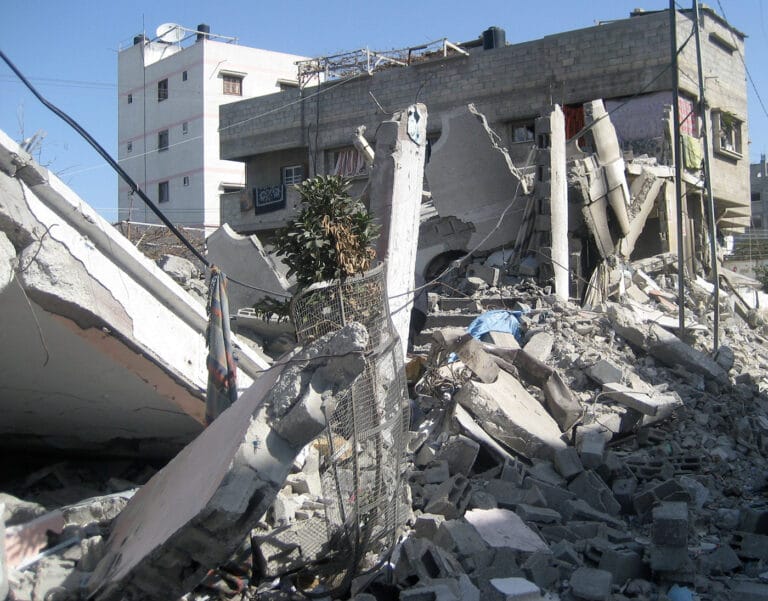
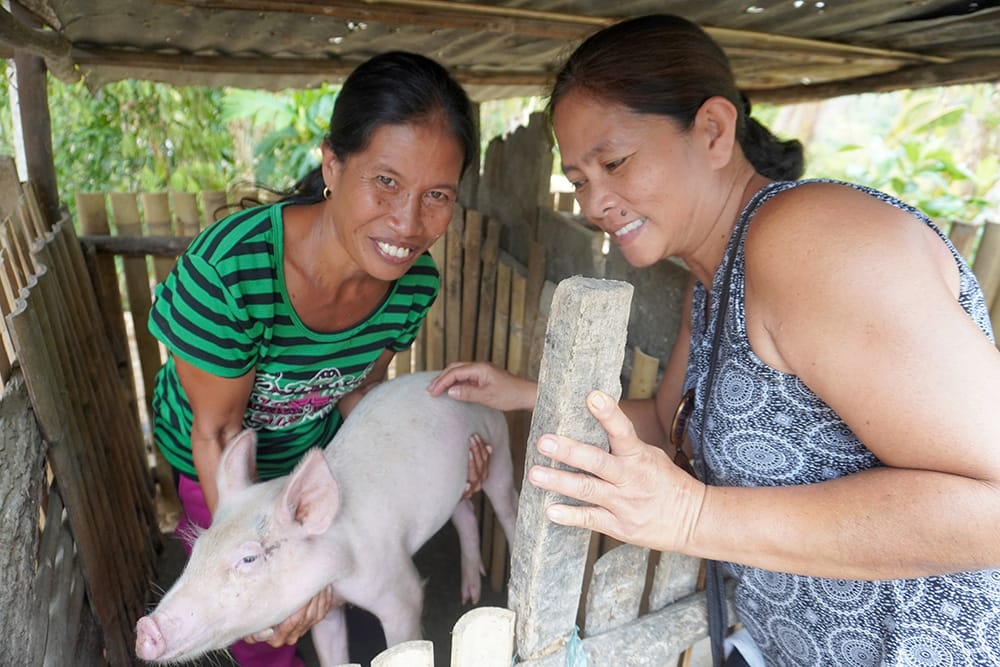
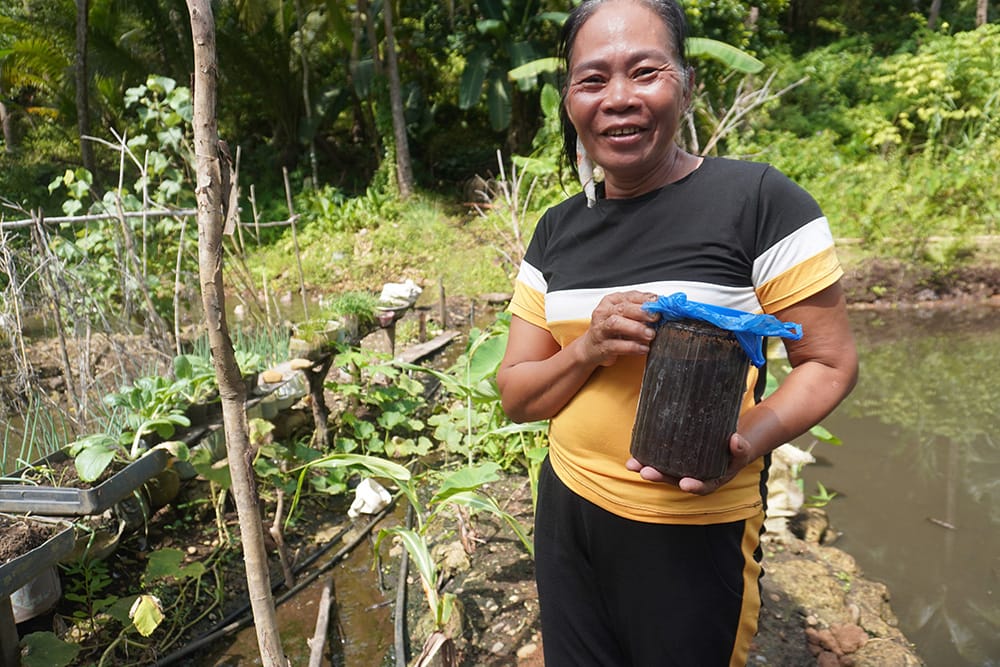
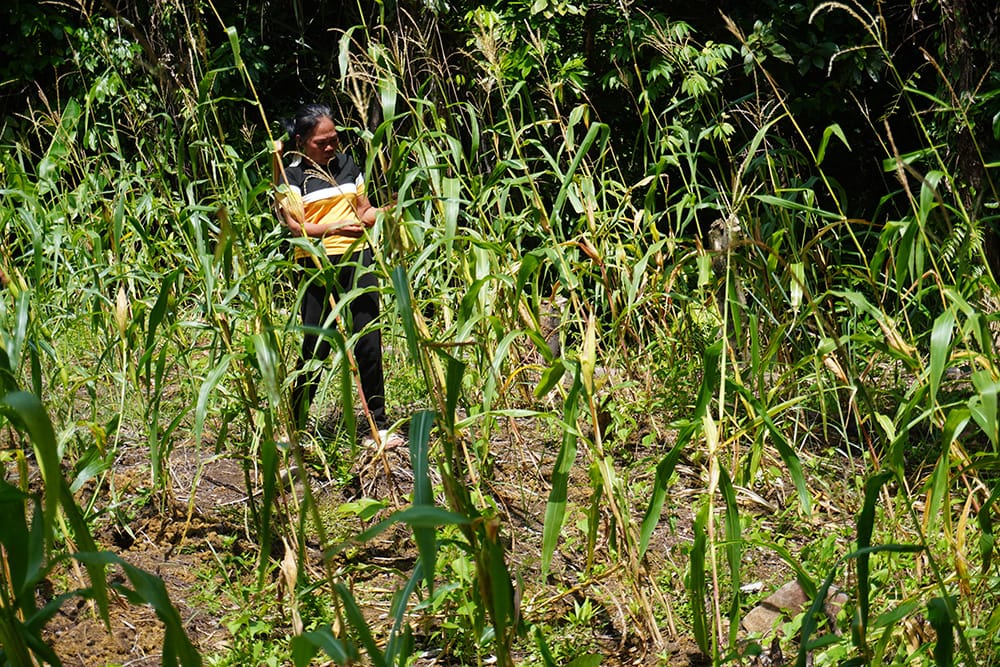
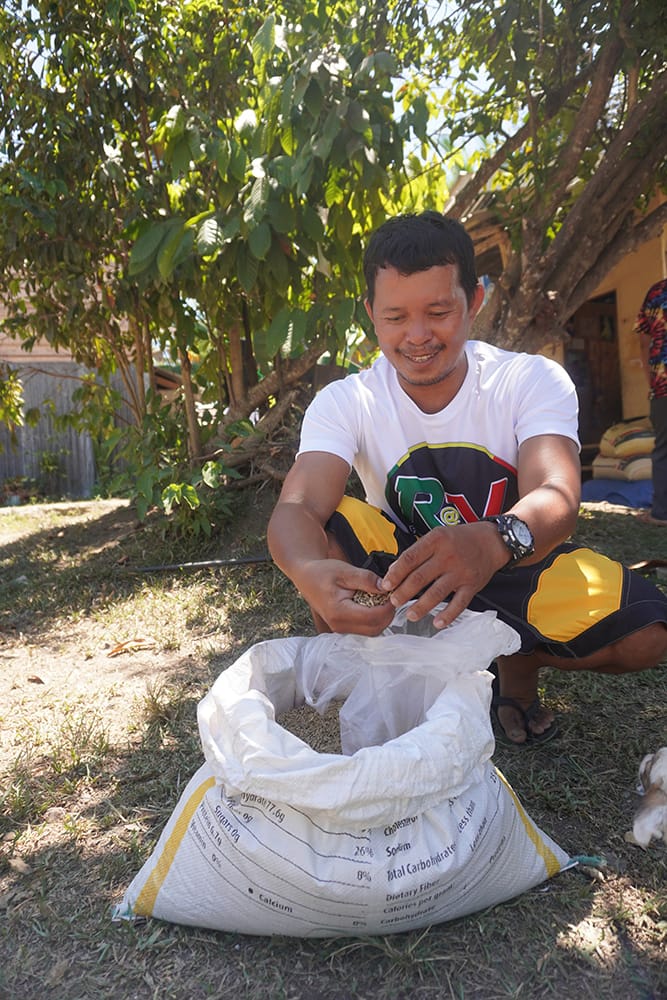

The Philippines
The Republic of the Philippines is a tropical archipelago of more than 7000 islands, the largest being Luzon and Mindanao.
These two islands are home to around 70% of the country’s population, which in 2024 was estimated to be 119 million.
Agriculture is the primary and often only source of income for many Filipinos, and most families depend on subsistence farming and fishing for their livelihoods. Illiteracy, unemployment and the incidence of poverty are higher among indigenous peoples, women, landless workers, and small-scale farmers who cultivate land received through agrarian reform.
There is widespread poverty in rural areas, largely due to a lack of resources and a decline in the productivity and profitability of small-scale farming, as well as unsustainable practices that have led to deforestation and depleted fishing waters. The plight of poor people in rural areas is exacerbated by having little access to productive assets and business opportunities, formal employment, and microfinance services and affordable credit.
Our Partner
ABM AID partners with the Visayas-Mindanao Regional Office for Development (IFI-VIMROD), part of the Philippine Independent Church (Iglesia Filipina Independiente – IFI). IFI is the second largest Christian denomination in the Philippines after the Roman Catholic Church, with an estimated membership of 10 million. It is in full communion with the Anglican Communion.
VIMROD engages in community development and advocacy on behalf of the IFI church in the Philippines regions of Mindanao and the Visayas. ABM AID supports the work in the Visayas.
The Work We Support
ABM AID supports the work of IFI-VIMROD in bringing together groups in the community (farmers, fisherfolk etc) to work together, identifying their community assets and using them to improve the livelihoods of the whole group. The VIMROD project provides small start-up funds to kick-start group livelihood activities, such as pig-raising and organic farming techniques.
The Low External Input and Sustainable Agriculture (LEISA) approach includes an odourless method of raising pigs. The method uses natural and readily available materials such as rice hulls and saw-dust as bedding for the pigs in their pens. This material not only reduces odours, but also creates less stress for the pigs than chemical beds and uses less water. One farmer, Oliva, said, “Since we’ve applied [this method] it did not stink, and we only get to bathe our pigs once a week.” Oliva also feeds her pigs organic food. “Because they are comfortable with even the enclosed structure and the kind of food they eat, we noticed that our pigs do not squeal all the time.” Oliva believes the pigs are less stressed by eating locally-grown organic food, as commercial feeds tended to dehydrate them.
Another farmer, Esmerelda, commented on her increased profit using the LEISA method: “The amount I spent on commercial feeds from months one to eight for my breeding sow was no more than P3,900.00 (about $105)”. Previously, it would cost her around P13,000.00 ($350). “The owner of a boar for breeding could not believe that my sow produced nine healthy and quality-size piglets”, she said.
Esmerelda also said that when she sold three of the sow’s four-month-old piglets, she received a net profit of P10,936 (almost $300).
The LEISA approach also includes use of organic fertilisers and pesticides to reduce costs. In some communities, traditional crop varieties are utilised that are more resilient to climate shocks.
This work empowers families to thrive sustainably while strengthening community bonds.
